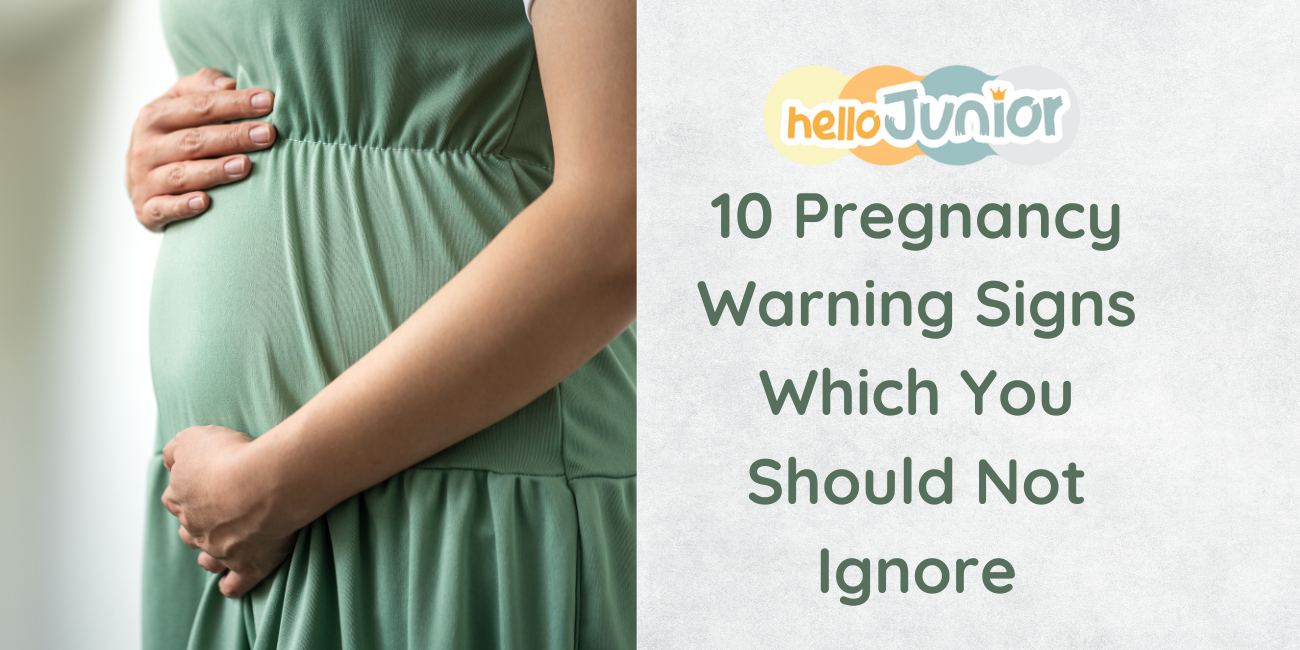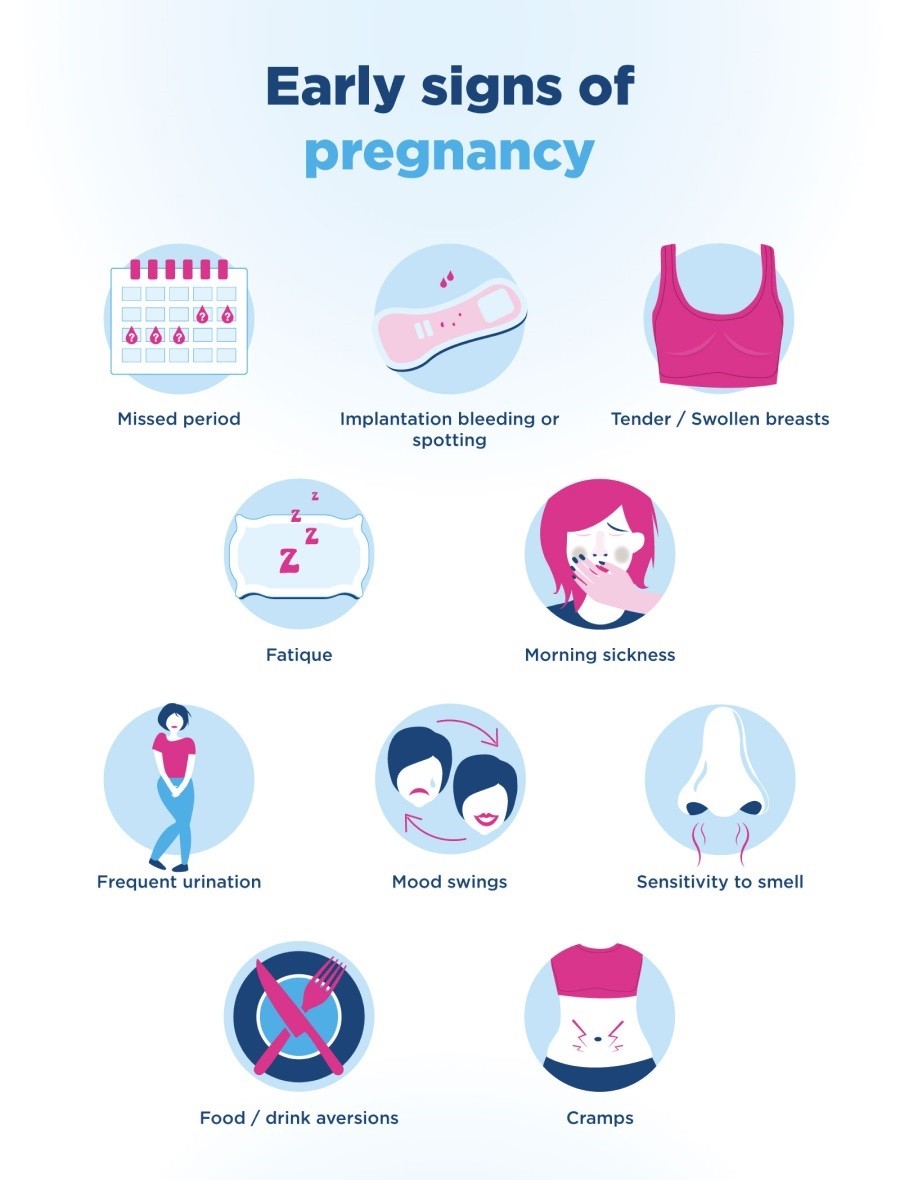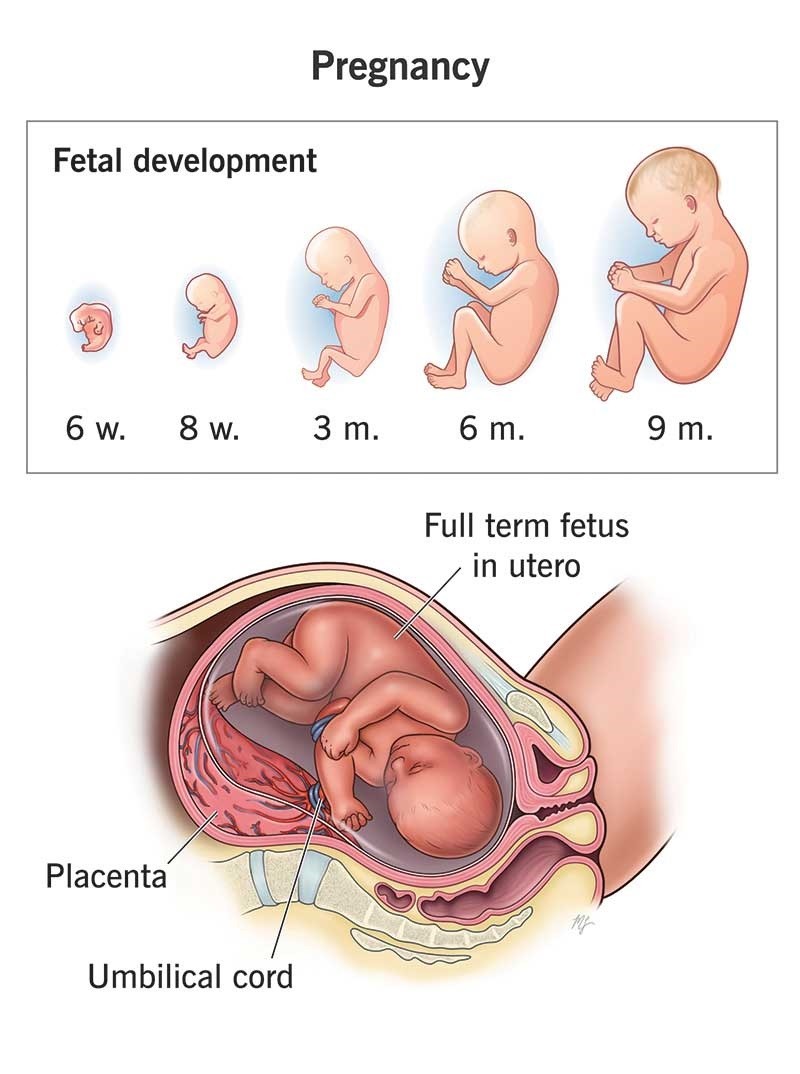10 Pregnancy Warning Signs Which You Should Not Ignore

10 Warning Signs in Pregnancy You Should Be Aware Of

Pregnancy brings about numerous changes in a woman’s body, many of which are expected. However, some changes may signal potential complications and require prompt medical attention. While it’s natural to feel excited during this period, it’s equally important to be vigilant for any warning signs. Being aware of these symptoms can help ensure the safety and health of both the mother and baby. Below, we outline 10 key warning signs that every expectant mother should be mindful of.
10 Pregnancy Warning Signs You Should Not Ignore
Here are some important warning signs to watch out for during pregnancy:
1. Vision Changes and Severe Headaches
Headaches can be common during pregnancy due to stress, hormonal shifts, or fatigue. However, persistent or severe headaches may be a sign of high blood pressure or preeclampsia, a condition that requires immediate attention.
2. Intense Abdominal Pain
Mild abdominal discomfort, like round ligament pain, is often normal. But if you experience severe abdominal pain, especially with fever, chills, or vomiting, it could indicate a serious issue. Contact your doctor for advice in such cases.
3. Dizziness or Fainting
It’s normal to feel lightheaded in early pregnancy, but persistent dizziness, especially when accompanied by vaginal bleeding, blurred vision, or abdominal pain, may signal a more serious problem. Consult your doctor if these symptoms occur frequently.
4. Pain or Burning During Urination
Frequent urination is common during pregnancy, especially in the first and third trimesters. However, a burning sensation or the urge to urinate without much output could signal a urinary tract infection (UTI). Other symptoms may include fever, chills, or blood in the urine. A doctor can help diagnose and treat the infection to avoid further complications.
5. Severe or Ongoing Vomiting
Nausea and vomiting, often called "morning sickness," are normal in early pregnancy. However, if vomiting is severe or continues beyond the first trimester, or if it includes vomiting blood or dizziness, it could be hyperemesis gravidarum. In such cases, consult your doctor.
6. Reduced or Absent Baby Movements
Between 18 and 25 weeks, you’ll start feeling your baby’s movements. If you notice reduced or absent movements in the third trimester, lie down and track how long it takes to feel 10 kicks or flutters. If you don’t feel anything within an hour, try again after a light snack. If movements remain absent, contact your healthcare provider.
7. Contractions and Vaginal Discharge Before 37 Weeks
While mild contractions are common, if they become regular, painful, and persistent, it could be a sign of preterm labor. Additionally, if you experience fluid leakage (also known as “water breaking”), contact your healthcare provider immediately, especially if it occurs before 37 weeks.
8. Vaginal Bleeding, Spotting, or Itching
Spotting may occur in early pregnancy and is usually harmless. However, heavier bleeding could indicate issues like placenta previa or miscarriage. Severe itching without a rash could point to cholestasis, a liver condition that occurs later in pregnancy. Always consult your doctor if you experience these symptoms.
9. Severe Pain Above the Stomach
Pain under the rib cage, especially when combined with headaches, blurred vision, or nausea, can be a sign of high blood pressure or preeclampsia. If the pain is on the right side, it could also be related to a gallbladder issue. Seek medical advice immediately.
10. Sudden Weight Gain and Swelling
Sudden weight gain, particularly if accompanied by swelling in the hands or face, may indicate preeclampsia. While some swelling is common during pregnancy, it’s important to monitor any unusual changes and report them to your healthcare provider.
If you experience any of these warning signs, don’t hesitate to contact your doctor for guidance. It's better to be cautious and address concerns early to ensure a healthy pregnancy for both you and your baby.

References/Resources
Warning Signs During Pregnancy; Stanford Medicine
Preterm Premature Rupture of Membranes (PPROM); Stanford Medicine
World Health Organization; 8 Danger Signs in Pregnancy
Warning Signs During Pregnancy; Pregnancy, Birth, and Baby
Urgent Maternal Warning Signs; CDC
8 Warning Signs During Pregnancy; Stanford Health
High Blood Pressure During Pregnancy; CDC
Urinary Tract Infection in Pregnancy; StatPearls Publishing
Cholestasis; Cleveland Clinic









